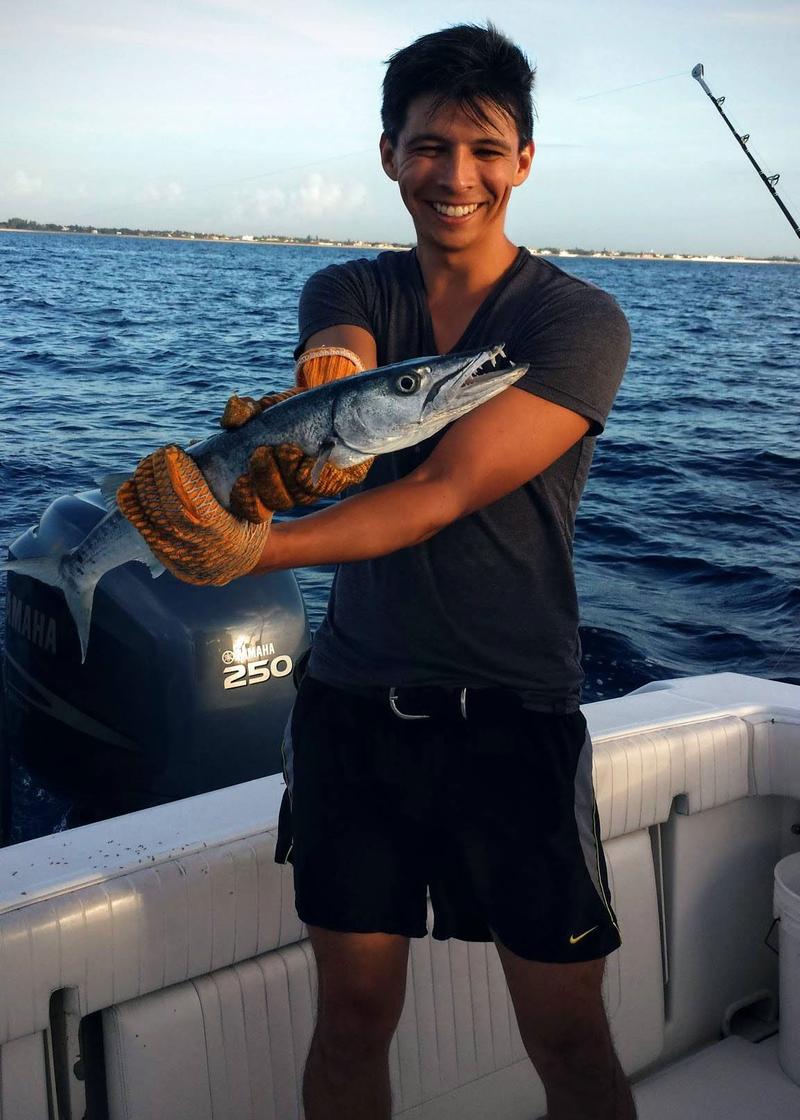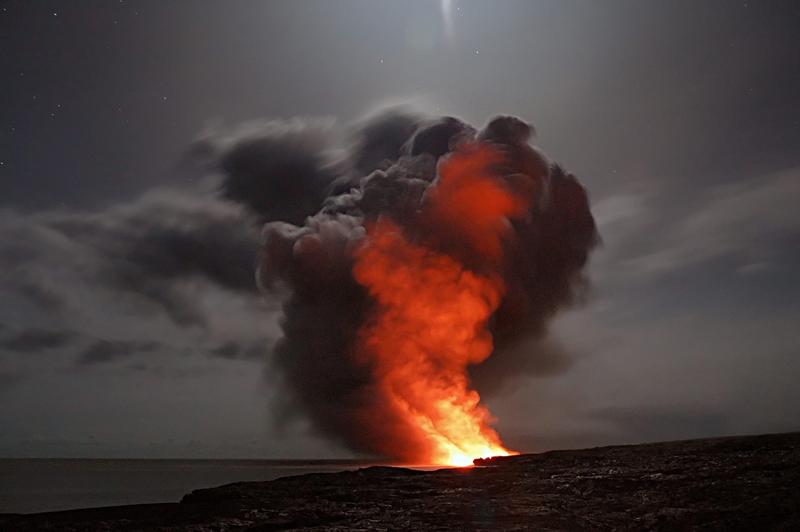
Survivalism in the United States has traditionally attracted conservative and libertarian-minded folks who saw war and economic turmoil as the primary threats. When I came into survivalism (as most people used to call it) EMPs, nukes, solar flares, economic collapse, and peak oil dominated the conversation.
Today, many of the preppers I meet have an expanded set of risks on their mind:
- Biotechnology
- Artificial intelligence / roboticization / automation
- Climate change / climate change-induced natural disasters such as wildfires and rising sea levels
- Immigration crises
- Grid down via cyber attack
- Mineral resource exhaustion
- Nanotechnology
Where is the left coming from?
Preppers are increasingly coming from the American political Left. Conservatives are less concerned and less convinced about topics such as automation and climate change. There are far fewer champions of these issues on their side of the political spectrum, although there is an interesting crossover occurring via the intellectual dark web.
Figureheads and communities
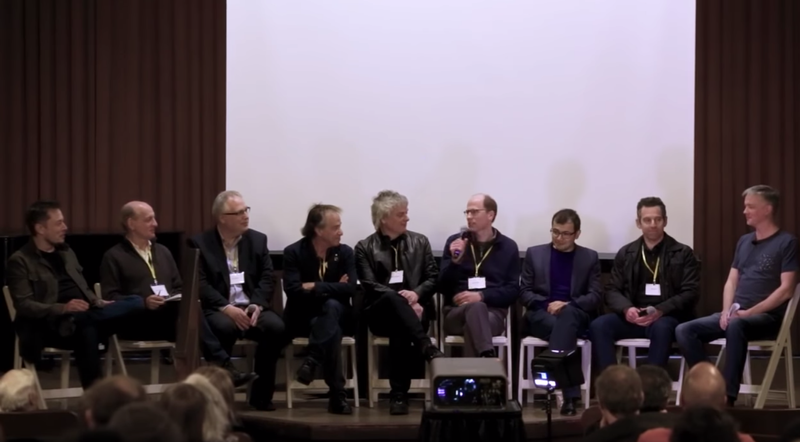
The drivers of many of these ideas come from left-leaning or intellectual dark web figures: Elon Musk, Bill Gates, Andrew Yang, Stephen Hawking, Eliezer Yudkowsky, Sam Harris, Grimes, Nick Bostrom.
On the AI / automation topic in particular, everyone seems to chime in:
- Can we build AI without losing control over it? - Sam Harris - YouTube
- What happens when our computers get smarter than we are? - Nick Bostrom - YouTube
- Elon Musk Nick Bostrom Ray Kurzweil Superintelligence - YouTube
- “Artificial Intelligence Could Start A War”- Elon Musk on A.I. - YouTube
- Stephen Hawking: ‘AI could spell end of the human race’ - YouTube
- Andrew Yang on Automation - Ohio #DemDebate - YouTube
Elon in particular is perhaps the world’s greatest prepper, attempting to reduce the dangers of climate change with electric vehicles and giant batteries, buying his way into DeepMind to keep an eye on AI, starting a company to help humans meld with AI and teach it ethics, and literally building rockets as a backup plan because Earth is a single point of failure for the survival of humanity.
Silicon Valley
Silicon Valley, a region so left-leaning that billionaire Peter Thiel abandoned it for Los Angeles, is getting into the prepping world, hard:
“The tech preppers do not necessarily think a collapse is likely. They consider it a remote event, but one with a very severe downside, so, given how much money they have, spending a fraction of their net worth to hedge against this . . . is a logical thing to do.”
Many preppers go out of their way to avoid the stereotypes that come along with the “survivalist” label—they’ve made a clear-eyed calculation about the risks at hand and aren’t waiting around for anybody else to fix them. - Rise of the Preppers: America’s New Survivalists
Prepper vs Survivalist
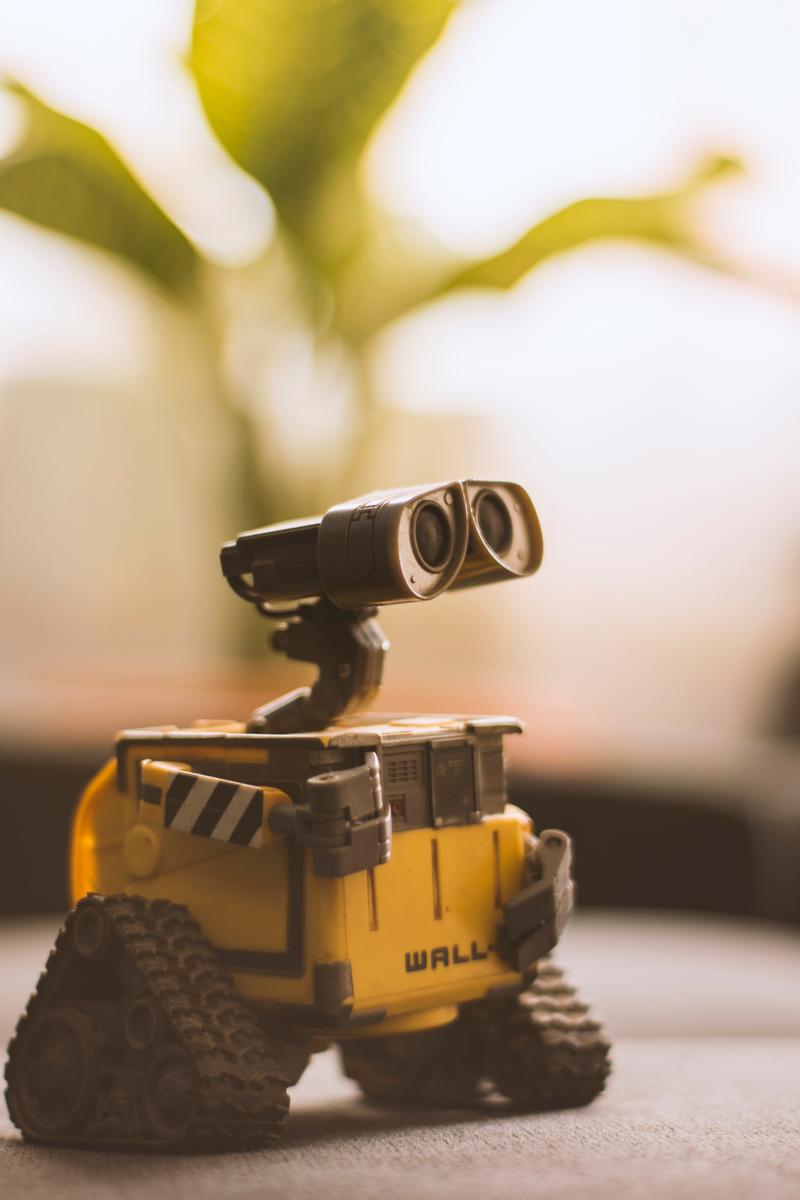
The term “survivalist” is out of vogue lately. “Prepping” is the new survivalism. Perhaps the language came from the Doomsday Preppers television show, but it is also a much more palatable, less tacticool-sounding term. “Emergency preparedness” is the term embraced by both federal and state governments in the US.
Similarly, other prepper vocabulary shifted from SHTF and TEOTWAWKI to “collapse” and “existential risk”. They’re terms for the same things that originated on two politically distinct sides.
Differences in communities
This new set of ideas directly translate into the topics of left and IDW-leaning communities such as /r/futurology and it’s less optimistic cousin /r/collapse. The same level of coverage is not present in older communities such as survivalistboards.com, which has been around since the year 2000 when Reddit was still 5 years away from being a thing. Most of the conversation here and on similar forum-style websites is led by an older internet generation.
An example of convergence may be /r/preppers, which I’ve found to be much more centrist in overall attitude.
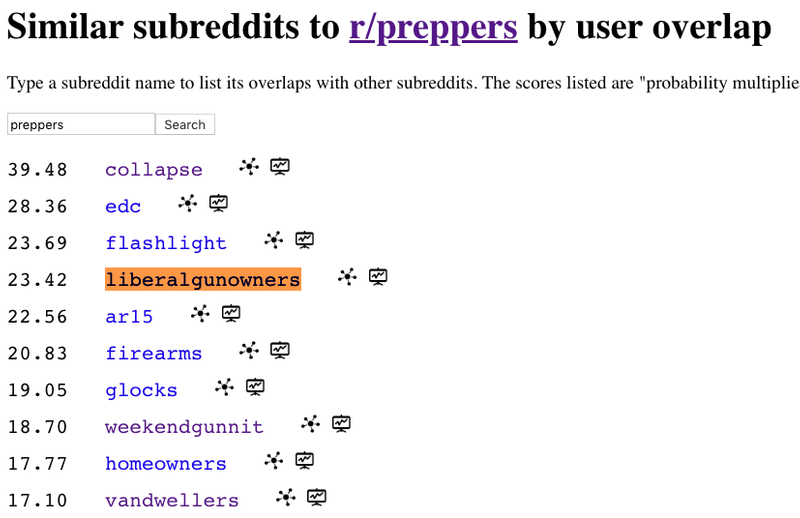
Where preppers originate
Listening to preppers, you can begin to understand their reasoning. They often talk about their prepper lives as originating from some trigger or turning point – such as an insider seeing financial collapse firsthand and the house of cards it reveals, or the difficulties that come with illness or unemployment. - We spoke to survivalists prepping for disaster: here’s what we learned about the end of the world
Events like the Cold War, nuclear arms race, 9/11, and 2008 financial collapse shaped the face of preparedness today. As world events unfold, situations like Wuhan Coronavirus and Australia’s wildfires will reshape the prepperverse.
The big deal
Prepping may be a middle ground for American politics. When it comes down to it, people believe in whatever keeps them alive. Nothing brings people together like catastrophe.
There are leftists who believe strongly in gun rights. There are conservatives and libertarians who are concerned with the dire prospects of climate change.
The convergence of the right and the left could come through a fundamental psychological need that supersedes political belief, because survival is the base of the pyramid and only after it is satisfied can we have the freedom to be ideological.
I like to believe that preparedness is a politically harmonious place where people realize the peril they collectively face regardless of their social class or political leanings.
We have much to learn from each other. Regardless of your attitude toward prepping, it would be silly to argue that a greater collective resilience to the dangers of the world is a bad idea. If humanity is to survive, it must come from a position of cooperation, not from chaos.
